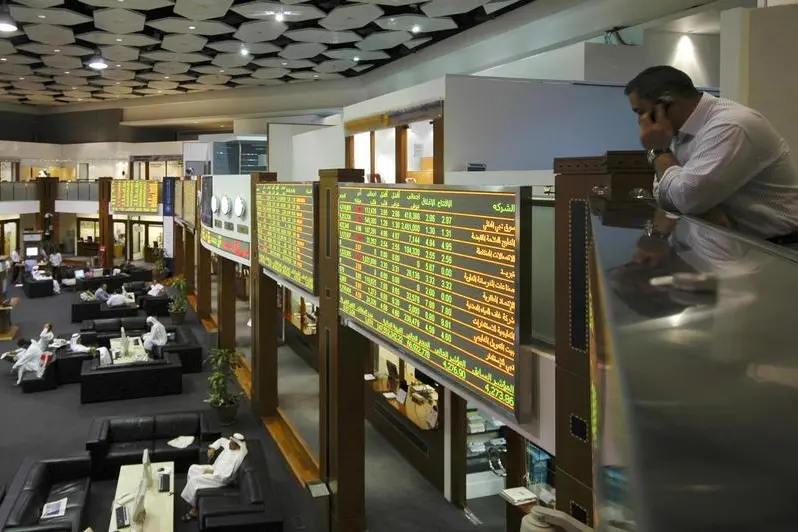PHOTO
Major stock markets in the Gulf rose on Tuesday, led by financials including Emirates NBD in Dubai.
Markets have steadied after falling late last week following attacks on tankers in the Gulf of Oman on Thursday. The attacks raised fears of a military confrontation in a vital shipping route for global oil supply and heightened tensions between Iran and the United States, which have been in a standoff over Iran’s nuclear programme.
Investor concerns have eased somewhat after both Tehran and Riyadh said they did not want a war, but tensions in the region remain high, making stock trading potentially volatile.
Iranian President Hassan Rouhani said on Tuesday that Iran will not wage war against any nation, a day after the United States announced the deployment of more troops to the Middle East amid rising tensions between Tehran and Washington.
On Saturday, Saudi Crown Prince Mohammed bin Salman urged the international community to take a "decisive stand" but said Riyadh does not want a war.
In the UAE, the Dubai and Abu Dhabi indexes, rose 0.6% and 0.2%, respectively.
The Dubai market had fallen earlier in the day mainly pressured by real estate shares but reversed course financials rose.
Emirates NBD, Dubai's largest lender, gained 1.3% and Emaar Malls closed 3.8% higher.
In Abu Dhabi, blue chip companies Emirates Telecommunications and Abu Dhabi Commercial Bank were up 1% and 1.2%, respectively.
The Saudi index closed 0.3% higher with Al Rajhi Bank gaining 1% and Saudi Basic Industries climbing 0.3%.
Saudi British Bank (SABB) gained 1.2% in its debut trade as a merged entity. On Sunday, the lender completed its merger with Alawwal Bank creating the country's third-largest bank, becoming a single listed company after regulatory approvals. Alawwal Bank was de-listed from the bourse on Monday.
Qatar's index increased 0.3% with Commercial Bank jumping 5%.
The Financial Times reported that the Qatar Investment Authority (QIA) is ramping up its investment plans in North America and Asia, and creating a unit to scour for opportunities in emerging markets in Latin America, Africa and Asia in an effort to snap up stakes in companies directly.
QIA, Qatar's Sovereign wealth fund, owns 17% of Qatar's Commercial Bank.
Egypt's index fell 0.3 percent as most of its blue-chip stocks slipped, with Juhayna Food Industriesplunging 4.4 percent.
Exchange data on Tuesday showed Egyptian investors were net sellers of Egyptian stocks.
(Reporting by Ateeq Shariff in Bengaluru; Editing by Susan Fenton) ((AteeqUr.Shariff@thomsonreuters.com; +918067497129;))





















